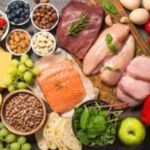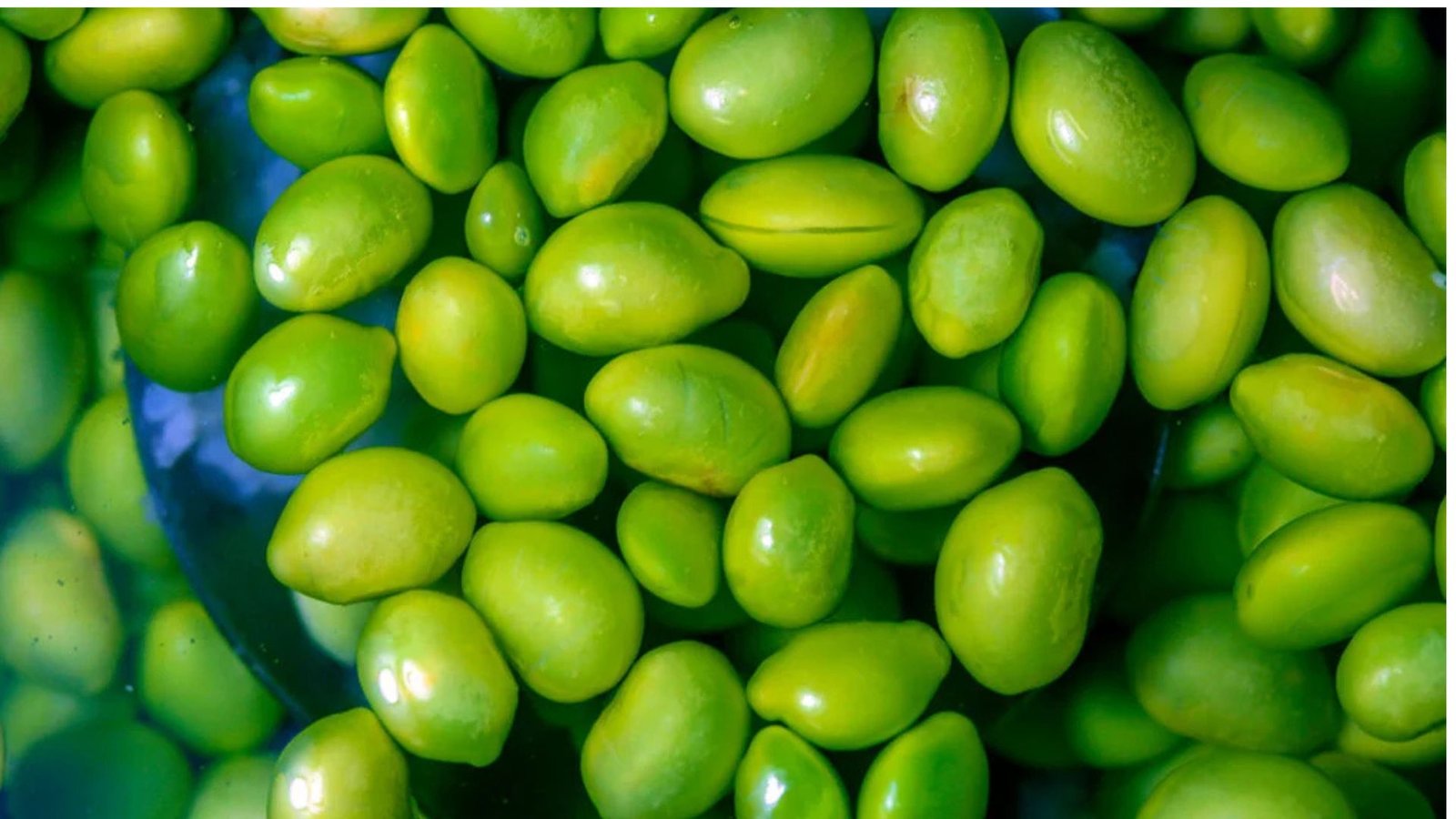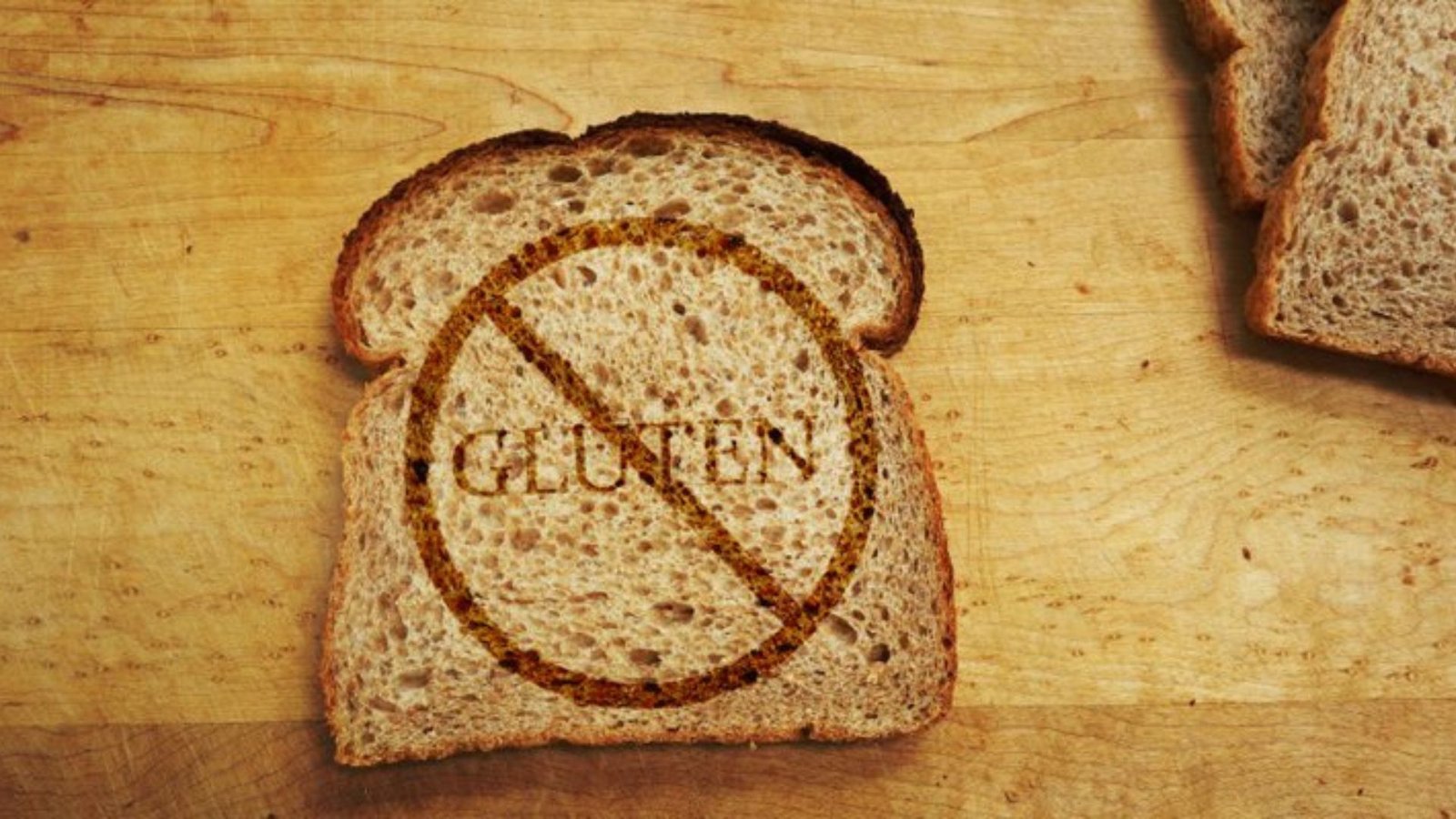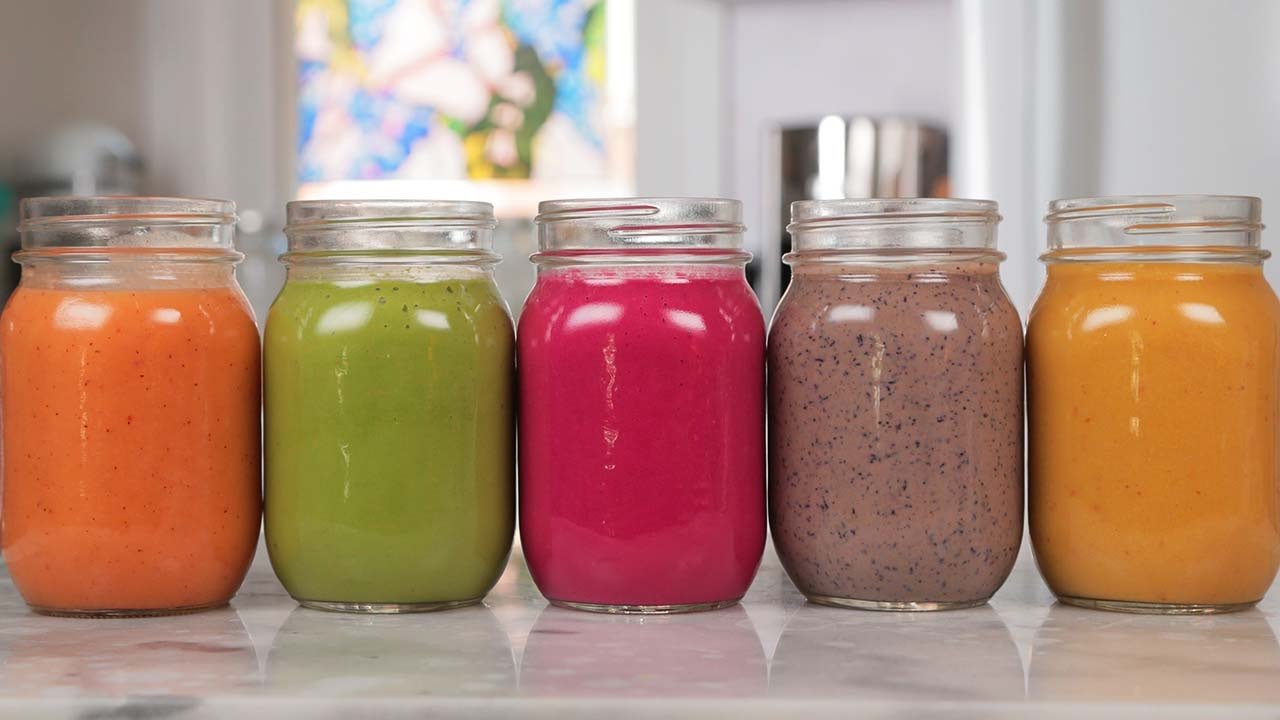In today’s fast-paced world, eating healthily can often seem overwhelming. However, focusing on nutrient-dense foods is a simple and effective way to improve your diet and overall health. These foods provide the most nutrients for the fewest calories, helping you get the vitamins, minerals, and energy you need to thrive.
So, what exactly are nutrient-dense foods, and why should they be a staple in your diet? Let’s explore.
What Are Nutrient-Dense Foods?
Nutrient-dense foods are those that are high in essential nutrients but relatively low in calories. They provide:
- Vitamins (e.g., A, C, K, and B-complex)
- Minerals (e.g., calcium, iron, magnesium, and potassium)
- Fiber
- Healthy fats
- Proteins
These foods deliver more nutritional value per bite, making them essential for maintaining energy levels, boosting immunity, and supporting overall well-being.
Why Do Nutrient-Dense Foods Matter?
1. Maximize Nutrition with Fewer Calories
Nutrient-dense foods allow you to meet your daily nutrient requirements without consuming excess calories. This is particularly important for weight management and preventing obesity-related illnesses.
2. Boost Energy Levels
Whole, nutrient-dense foods help stabilize blood sugar levels, providing sustained energy throughout the day—unlike processed, calorie-dense alternatives that cause energy crashes.
3. Support Long-Term Health
Nutrient-dense foods are rich in antioxidants, vitamins, and minerals that:
- Boost the immune system
- Fight inflammation
- Reduce the risk of chronic diseases like heart disease, diabetes, and cancer
4. Improve Mental Health
Proper nutrition isn’t just about physical health. Nutrient-dense foods like leafy greens, fatty fish, and nuts have been linked to better mood, focus, and brain health.
Examples of Nutrient-Dense Foods
Here are some of the top nutrient-dense foods to include in your meals:
1. Leafy Greens
- Examples: Kale, spinach, Swiss chard, collard greens
- Why They Matter: Rich in vitamins A, C, and K, calcium, and fiber while being very low in calories.

2. Fatty Fish
- Examples: Salmon, mackerel, sardines, trout
- Why They Matter: High in omega-3 fatty acids, which support brain and heart health, as well as high-quality protein and vitamin D.
3. Berries
- Examples: Blueberries, strawberries, raspberries, blackberries
- Why They Matter: Packed with antioxidants, fiber, and vitamins while being naturally low in sugar.
4. Eggs
- Why They Matter: A complete protein source with key nutrients like choline, vitamin B12, and omega-3s (in fortified varieties).
5. Nuts and Seeds
- Examples: Almonds, walnuts, chia seeds, flaxseeds
- Why They Matter: Loaded with healthy fats, protein, fiber, and essential minerals like magnesium and zinc.
6. Cruciferous Vegetables
- Examples: Broccoli, cauliflower, Brussels sprouts, cabbage
- Why They Matter: Contain powerful compounds that support detoxification and reduce inflammation.
7. Sweet Potatoes
- Why They Matter: High in fiber, vitamin A (beta-carotene), and potassium, providing sustained energy.
8. Beans and Legumes
- Examples: Lentils, chickpeas, black beans, kidney beans
- Why They Matter: Excellent plant-based protein sources that are high in fiber, iron, and complex carbohydrates.
9. Avocados
- Why They Matter: Packed with heart-healthy monounsaturated fats, fiber, potassium, and vitamins C and E.
10. Greek Yogurt
- Why They Matter: A great source of protein, calcium, and probiotics, which support gut health.
How to Incorporate Nutrient-Dense Foods into Your Diet
1. Build a Balanced Plate
Follow the 50-25-25 rule:
- 50% vegetables and fruits
- 25% lean proteins or plant-based alternatives
- 25% whole grains or complex carbs
2. Swap Out Processed Foods
Replace calorie-dense snacks like chips and pastries with nutrient-dense alternatives:
- Instead of chips: Try nuts or sliced veggies with hummus
- Instead of sugary cereal: Opt for oatmeal with berries and seeds
3. Meal Prep with Purpose
Prepare nutrient-dense meals ahead of time to avoid falling back on unhealthy options during busy days.
Example Meal:
- Grilled salmon (protein and omega-3s)
- Steamed broccoli (cruciferous vegetables)
- Quinoa (complex carbs and protein)
- Avocado slices (healthy fats)
4. Snack Smart
Incorporate nutrient-dense foods into your snacks:
- Greek yogurt with chia seeds and berries
- Apple slices with almond butter
- Mixed nuts with dark chocolate (in moderation)
Conclusion
Nutrient-dense foods provide the vitamins, minerals, and energy your body needs to function at its best—without the empty calories. By incorporating leafy greens, fatty fish, berries, and other nutrient-rich options into your meals, you can enjoy delicious, satisfying food while improving your health.
Make small, gradual changes to your diet, and soon, nutrient-dense eating will become second nature!











